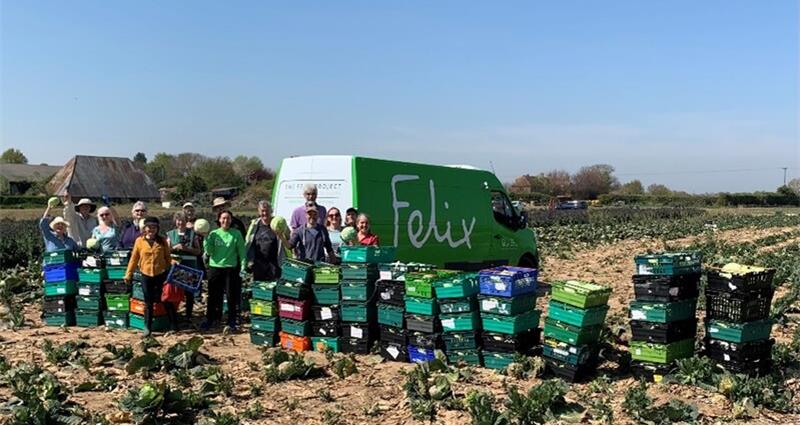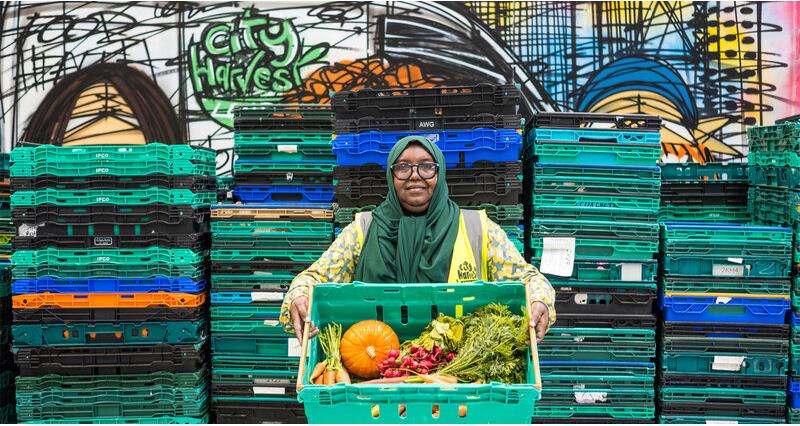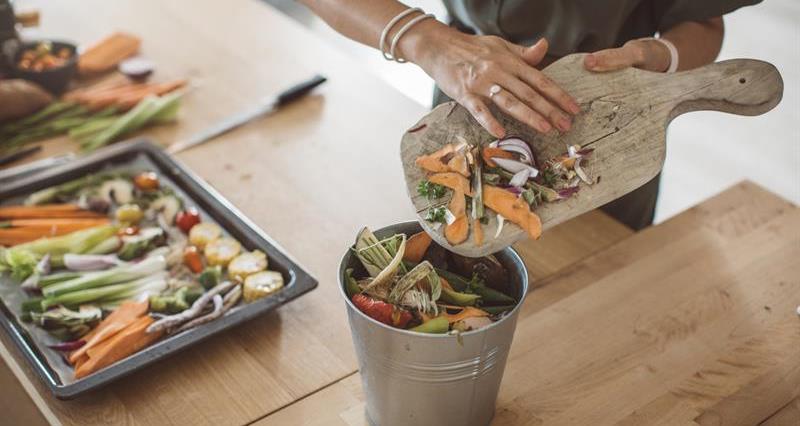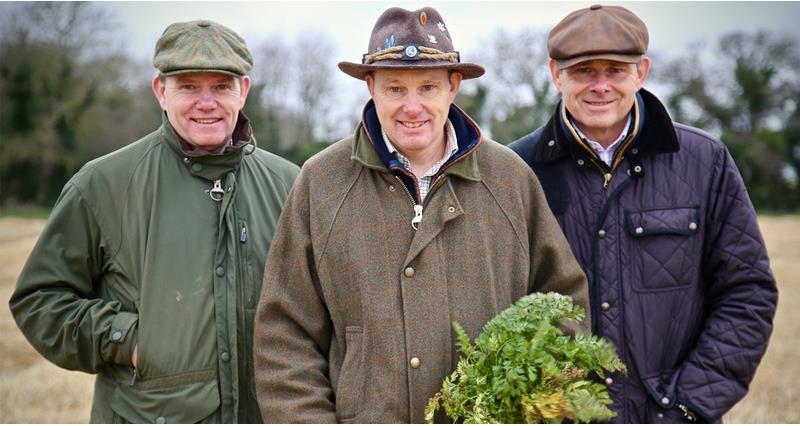There are currently 182,000 London families that have a food budget of £3 per day per family. In 2024, The Felix Project proudly distributed and supplied almost 38 million meals to those families, as well as many more in need.
The Felix Project was founded in 2016 and is a London-based food redistribution charity focused on fighting food waste and hunger.
With four food depots, 45 vans, 200 members of staff, 3,000 volunteers, and 10,000 corporate volunteers, The Felix Project collects surplus food from around 300 food businesses surrounding London. These include grocery retailers, wholesalers, restaurants and farms.
The food is then distributed free of charge to more than 1,200 frontline charities such as homeless shelters and local food banks, as well as primary schools and holiday programmes in London.
Targeted at low-income areas, 50% of the food distributed goes to the top five areas of deprivation in London.
Potential to scale up
The only group in the world cooking with surplus food at this scale, The Felix Project uses the NHS Eatwell Guide to make and distribute around 5,000 balanced and nutritious pre-cooked meals at their Poplar depot kitchen per day.
Funded entirely through donations, the charity has plans to establish a second kitchen, specifically for soups and sauces.
Having the infrastructure and logistics to turn around short-dated products, they accept a wide range of nutritious foods including perishable items like fruits and vegetables which make up 65% of donations.
“We’ve worked with The Felix Project for a number of years now, they make use of any vegetables that may not meet the required standards.”
Co-owner of T&S Bradley Farm, Trevor Bradley
With cost efficiency equating roughly 2.5 meals for every £1 donated, the recent government announcement to support with redistributing surplus food directly from farms, has the potential to provide up to 60 million meals.

Photograph: The Felix Project receive a wide range of surplus food from various sources, including farmers.
Putting surplus to good use
T&S Bradley Farm, run by brothers Trevor and Stephen Bradley, grows vegetables and crops for the premium wholesale market as well as to farm shops.
Due to the nature of the demand profile and specification requirements for their produce, as well as changes to the climate which impact growing conditions, they can occasionally produce surplus stock.
As a result, they have developed a long-standing relationship with The Felix Project, who send volunteers to their farm to glean produce and redistribute to a range of food charities around London.
“We’ve worked with The Felix Project for a number of years now,” explains T&S Bradley Farm co-owner Trevor. “They make use of any vegetables that may not meet the required standards, for example cracked, cut or small potatoes, or stock that may be left over due to lower demand.
“Today, they have gleaned a batch of cabbages that are left over due to a drop in demand as a result of the holiday period. The batch has also been impacted by the weather which has brought the cabbages on early, making them a bit big and a bit old for the supply profile required for our core customer base”.
How you can help
With food demand increases due to external factors like the cost-of-living-crisis and the Covid-19 pandemic, and many more charities on the waiting list for donations, The Felix Project is always looking for opportunities to source food waste and surplus to produce more meals for the most vulnerable.
The supply team at Felix would love to hear from you if your farm has surplus or downgraded fruit, vegetables or any other food items. They can provide all you need to help support you to make your surplus available for collection.
Contact The Felix Project to discuss a collection and support millions of vulnerable people.
Good for farming, food for the community
NFU member Peter Hall, owner of a 400-acre orchard in Kent, was inspired to get involved with The Felix Project due to the amount of produce going to waste when supplying supermarkets.
When supplying supermarkets with apples, due to strict product specifications, up to 60% of Peter’s yield was rejected, compared to 100% usage with The Felix Project.
These specifications result in the supply chain producing a lot of waste.
Supply chain issues
Through harsh product specifications and consumer-driven demand for ‘perfect’ food, ‘wonky’ fruit and vegetables are rejected by supermarkets, making them a ‘problem category’ and creating waste.
The Felix Project has taken advantage of this and receives produce from farmers, like Peter, who have walked away from the unfairness and waste created by the supply chain.
Growing his apples organically, Peter participates in several of Defra’s SFI options, including organic management. Sheep are grazed below the orchards helping to reduce pest abundance and providing a natural fertiliser.
Peter now receives volunteers from The Felix Project to pick the apples, and through Defra’s SFI scheme, Peter’s profits are now healthier than when growing directly for supermarkets.
This example highlights the issues surrounding the supply chain – when producing for supermarkets, profits are lower and waste is higher, yet environmental schemes provide Peter enough capital to freely donate all his orchard’s yield.
NFU view
The NFU recognises the importance of farmers’ contributions to essential initiatives such as The Felix Project.
However, Peter’s orchard example (among many others in the industry), highlights challenges within the supply chain.
The NFU would like to see flexible specifications to assist in the throughput of produce into the food chain.
Find out more about food waste and surplus and how the NFU can support you.



